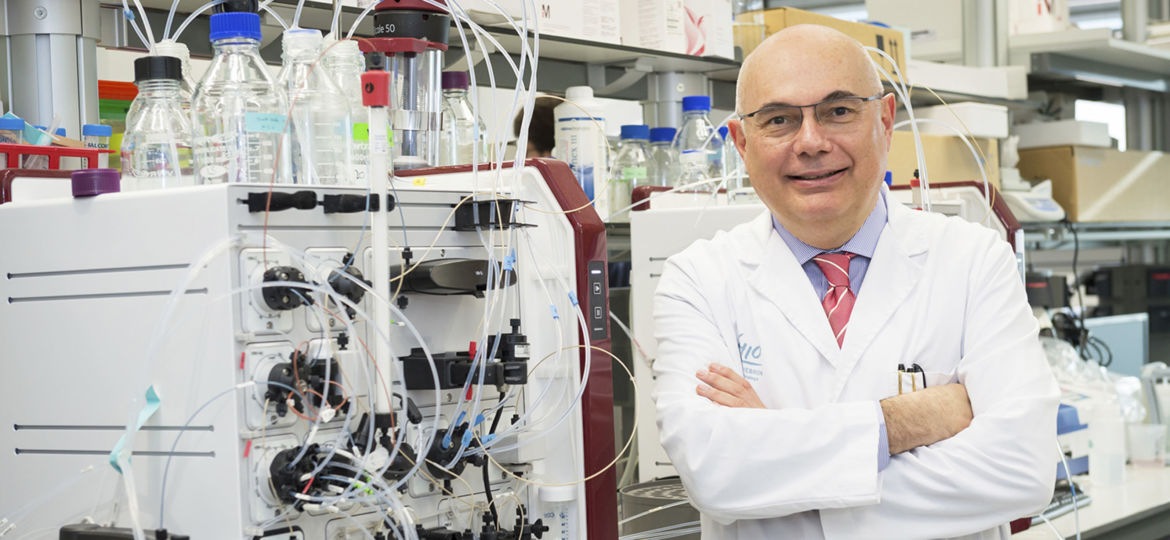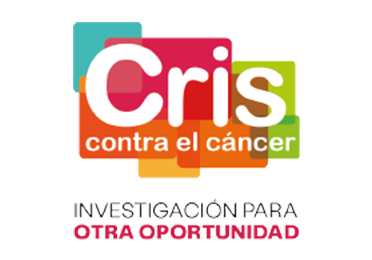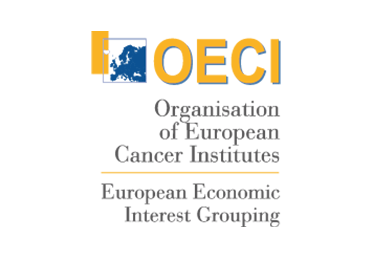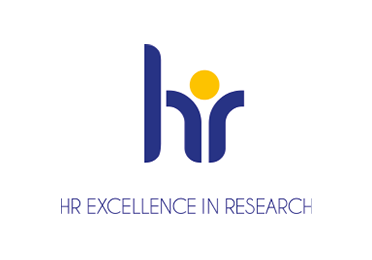
Barcelona, August 4, 2020.- First authored by Anton Berns, The Netherlands Cancer Institute (NKI), who -like many of the co-authors- is member of the European Academy of Cancer Sciences (EACS)and the Cancer Core Europe Consortium (CCE), several leading experts from Comprehensive Cancer Centers across Europe, including VHIO, have joined forces to outline actions aimed at delivering on the two-fold ambition of Horizon Europe’s Cancer Mission*.
That is, to achieve a 10-year cancer-specific survival for 75% of patients diagnosed in EU member states with a well-developed healthcare system, and improve the health-related quality of life of patients through enhanced evidence-based, cost-effective practices.
With cancer cases expected to soar across the 28 EU member states -from 3 million cases in 2018 to almost 4 million by the year 2040- there will be a subsequent rise in the number of people who are receiving treatment for their disease, as well as cancer survivors. These patients will require regular follow-up and specialized care, rehabilitation, and psychological and socioeconomic support. Cancer will consequently continue to place an already unsustainable strain on European healthcare systems.
Over the last two decades, many determined and collaborative efforts have aimed to more effectively address and alleviate the global cancer burden towards ensuring that all cancer patients receive the treatment, care and support they rightly deserve.
Most recently, and set to launch in January next year, Horizon Europe will succeed the European Commission’s Horizon 2020 funding program for research and innovation. Within its framework there are five key missions that have been identified to increase the effectiveness of funding by pursuing clearly defined targets as well as resolve the greatest of today’s societal challenges; one of which is cancer.
Published today in Molecular Oncology, the authors, including VHIO’s Director, Josep Tabernero, call for an approach to better align EU and national priorities and policies, strengthen research coordination at the national, regional and EU levels, as well as improve the efficiency and flexibility of funding mechanisms.
Spanning preclinical, translational, clinical, prevention and outcomes research, they argue that the fortification of European infrastructures involving comprehensive cancer centers of excellence, leading scientific organizations, societies and other entities, will provide investigators with access to the required critical mass of patients, biological materials and technological resources, and cement the bridging of research with healthcare systems.
Setting out a series of priority points, the present paper** addresses 13 main areas of research, with emphasis on the need to better address primary and tertiary prevention strategies, as well as upping the tempo in driving preclinical and translational research to develop novel therapies for their rapid application in the clinic, and improve survival outcomes.
“The recommendations described in the paper call for a connective, comprehensive and purely translational approach to collectively advancing precision medicine against cancer. As importantly, we all need to work in collaboration to ensure that precious, evidence-based insights found in research are translated to the clinic as rapidly as possible. Critically, the very same applies to prevention,” observes co-author Josep Tabernero, who is also Head of the Medical Oncology Department, Vall d’Hebron University Hospital (HUVH), Vall d’Hebron Barcelona Hospital Campus.
Other priorities highlighted within the paper include psychosocial oncology, palliative healthcare, pediatrics and geriatrics, as well as other major areas including health economics, big data, computational science, and specialized education.
Discover more by accessing the paper here.
###
** Berns, A., Ringborg, U., Celis, J.E., Heitor, M., Aaronson, N.K., Abou‐Zeid, N., Adami, H.‐O., Apostolidis, K., Baumann, M., Bardelli, A., Bernards, R., Brandberg, Y., Caldas, C., Calvo, F., Dive, C., Eggert, A., Eggermont, A., Espina, C., Falkenburg, F., Foucaud, J., Hanahan, D., Helbig, U., Jönsson, B., Kalager, M., Karjalainen, S., Kásler, M., Kearns, P., Kärre, K., Lacombe, D., de Lorenzo, F., Meunier, F., Nettekoven, G., Oberst, S., Nagy, P., Philip, T., Price, R., Schüz, J., Solary, E., Strang, P., Tabernero, J. and Voest, E. (2020), Towards a cancer mission in Horizon Europe: recommendations. Mol Oncol, 14: 1589-1615. doi:10.1002/1878-0261.12763










